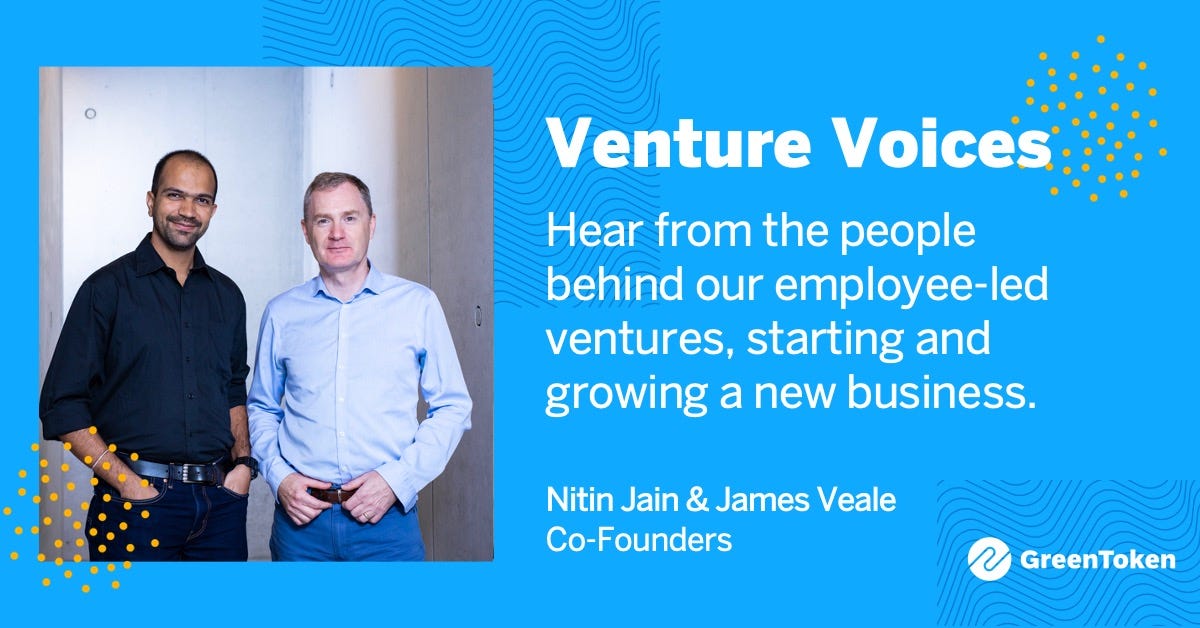
Decades long, Accenture and SAP have been collaborating for many years to help companies to embed sustainability across their entire business operations to unlock new value in their supply chains.
Breaking down Accenture and SAP’s latest partnership
By combining SAP’s technology with Accenture’s Sustainability Services and broad industry knowledge, the two are expanding their current partnership to create new solutions that empower companies to accelerate full decarbonisation in the supply chain, and capture their share of economic growth that a circular economy could bring.
The new solution
Co-innovating and co-developing, SAP and Accenture plans to create a new solution for responsible production, manufacturing and design. Its capabilities will help companies to embed sustainability metrics across their value chain and supply chains.
How does it work?
The solution harnesses integrated data from multiple operations, allowing companies to better design and produce products with less waste, better recyclability, and more recycled content.
By providing this solution, SAP and Accenture hope to help to reduce the growing cost of compliance which has been driven by new regulations.
“Our work together will enable SAP’s customers, which include 92% of the Forbes Global 2000, to use their core systems to help drive their sustainability agenda, optimize their ESG performance and achieve their goals. This expanded collaboration builds on our long history with SAP — including our joint partnership with the United Nations Global Compact and 3M — and our shared commitment to drive adoption of the Sustainable Development Goals,” said Julie Sweet, chief executive officer at Accenture.
SAP’s Climate 21 initiative
In addition to partnering with SAP on this new solution, Accenture supports SAP’s Climate 21 initiative. Climate 21 allows companies to use analytics to measure and minimise their CO2 emissions as well as lower their carbon footprint across a products lifecycle.
In doing so, sustainability metrics harnessed across the end-to-end supply chain allows for an integrated view of environmental savings and cost impacts, as well as the ability to more easily optimise operations.
“To successfully tackle the greatest threat to our world today, we need to collaborate at every level of business and society. Building on our long-standing and trusted partnership, SAP and Accenture are joining forces to help our customers realize long-term growth in a sustainable way. We’re creating visibility into the environmental impact across the entire value chain, providing enterprises with the insights they need to take the right action and accelerate their transition to the circular economy,” said Christian Klein, chief executive officer at SAP.
SAP.iO a global accelerator
Furthering their efforts to accelerate sustainable transformation, SAP and Accenture began a global sustainability focused accelerator program at SAP.iO.
As part of the SAP.iO, the ‘Sustainability Future’ program – the latest cohort to date – aims to help B2B startups in their early stages drive digital transformation and innovation in four target areas: carbon tracking and trading, resource efficiency, climate risk tracking and mitigation, and circular economy.














